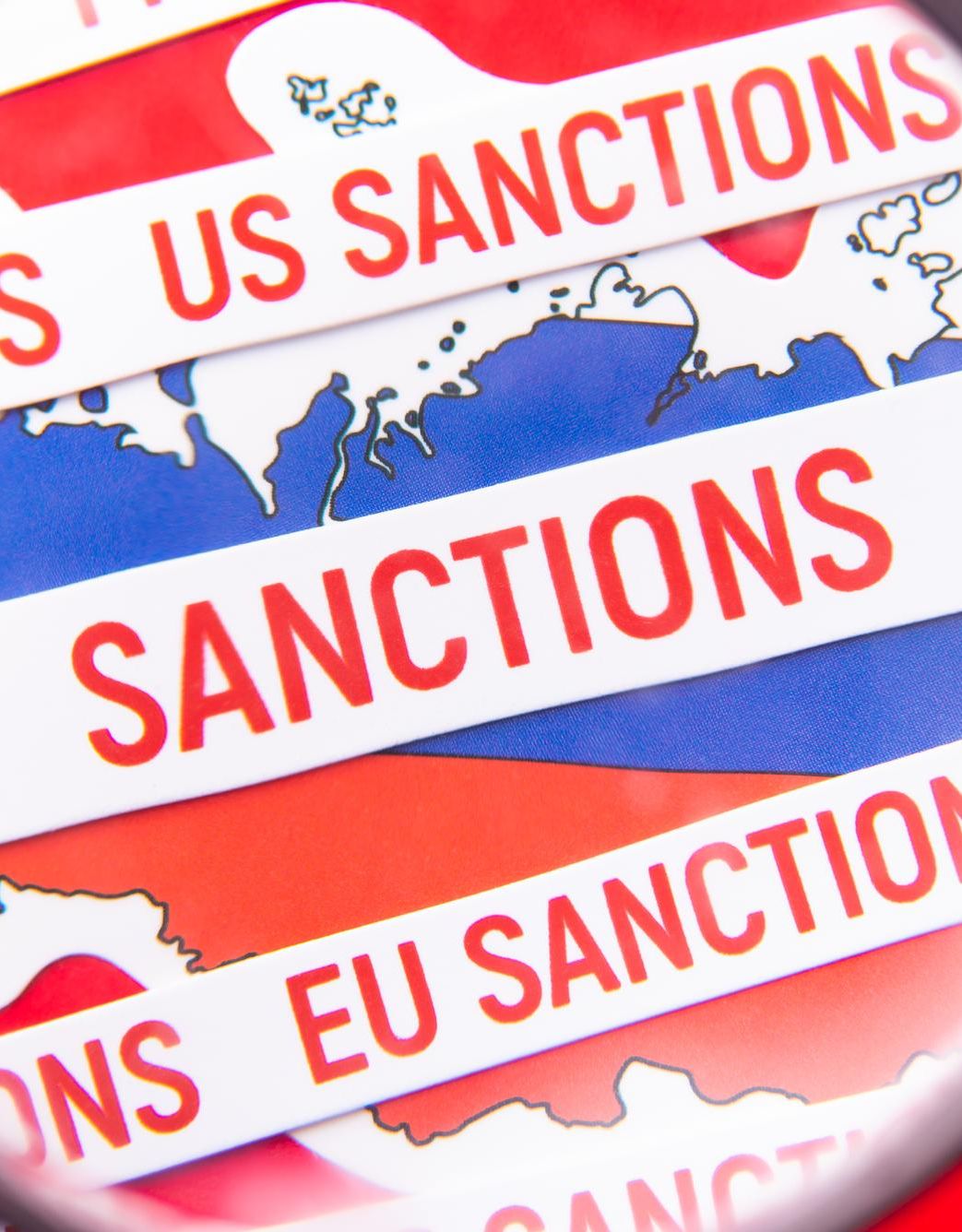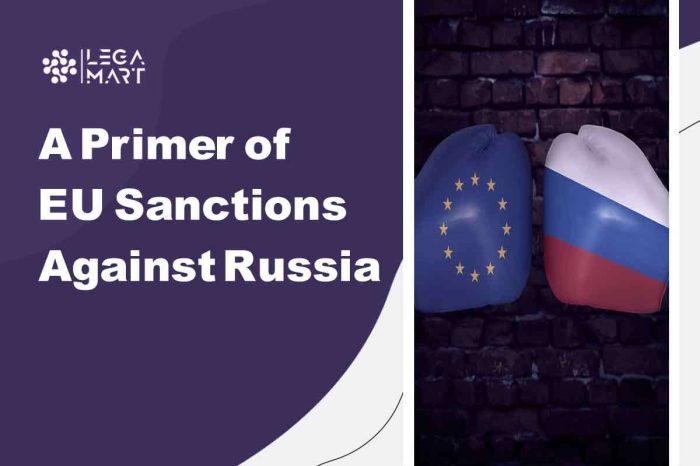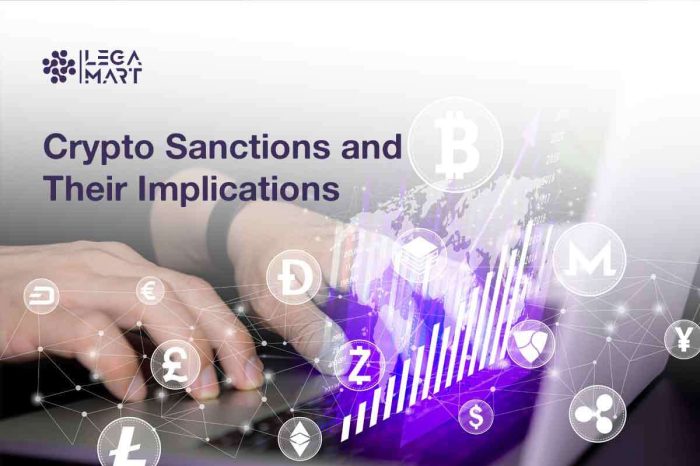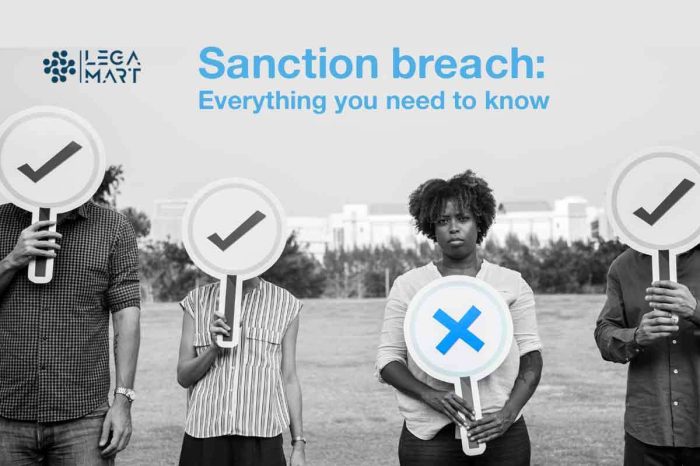Embargo and sanction regulation
Embargo and sanction regulations refer to the legal restrictions imposed by a country on the trade of certain goods or services with another country. These regulations are imposed by governments for various reasons, including national security, foreign policy, or human rights concerns. International law has established several treaties, conventions, and agreements that outline the principles of international trade and investment, including embargoes and sanctions. These regulations can have significant economic and political implications for both the countries involved and the international community. The UN Security Council is responsible for imposing sanctions and embargoes on countries that violate international law, and other countries are required to comply with these restrictions. However, the application and enforcement of embargo and sanction regulations can be complex and controversial, and their impact on trade and investment can vary depending on the specific circumstances.
Find best lawyers for Embargo and sanction regulation
Issues related to Embargo and sanction regulation
What is embargo and sanction regulation?
Embargos and Sanctions are two different ways to restrict trade between countries. An embargo is a complete ban on trade with another country, while sanctions are a more targeted way of limiting work with specific items or companies. Both methods have pros and cons, but embargoes are generally seen as less effective because they need to allow for exceptions. This can create black markets where goods can be smuggled in and out of the country, leading to shortages of essential items. Sanctions, on the other hand, can be more effective because they allow for certain exemptions. This helps to ensure that people still have access to essential items while limiting the target country’s ability to do business. Sanctions and embargoes are a way for governments to punish other nations by limiting or stopping trade. There are many conditions to comply with sanctions. To comply with sanctions, you must adhere to the following:
- You must not engage in transactions or dealings with individuals or entities named on the Specially Designated Nationals and Blocked Persons (SDN List) list.
- You must sever all business ties and connections to Iranian persons and entities, including subsidiaries.
- You must not provide goods, services, technology, information, or support related to Iran’s energy, shipping or shipbuilding sectors.
There are a few things to keep in mind when dealing with sanctions and embargoes:
-First, you must ensure that you are not violating any sanctions or embargo regulations. The penalties for doing so can be severe, including fines and imprisonment.
-Second, you must ensure that you are not doing business with blocklisted companies or individuals. Again, the penalties for doing so can be severe.
-Third, you must be aware of the restrictions that apply to your products and services. For example, certain products may not be able to be exported to certain countries.


Sanctions can be a complicated issue for international companies. Typically, when sanctions are in place, it becomes illegal for companies to do business with specific individuals or organisations. However, there are a few options for companies regarding dealing with sanctions. They can try to continue doing business as usual, which can be risky if caught. They can also pull out of the country or region entirely, which can be costly and impossible, depending on the country’s infrastructure. Finally, they can find a way to work around the sanctions by getting creative with their transactions. No matter what option they choose, companies need to be aware of the risks involved and comply with all applicable laws and regulations. There are a few ways that international companies can circumnavigate sanctions. The first is by setting up operations in countries not subject to sanctions. This option is often not viable, however, as it requires a significant investment of time and resources.
Additionally, many countries not subject to sanctions have restrictions on trade and business dealings with sanctioned countries. Another way international companies can circumnavigate sanctions is by working with local partners who are not themselves subject to sanctions. This option carries risks, as the company must trust its partner to comply with all relevant regulations. The company may indirectly support a sanctioned entity’s activities if its partner does.
Sanction Lists:
-
EU/ UN Sanctions list
-
US Sanctions list
EU/ UN Sanctions list
- UN/ Afghanistan
Restrictive measures imposed concerning the Taliban
- EU/Belarus
Restrictive measures because of the situation in Belarus and the involvement of Belarus in the Russian aggression against Ukraine
- EU/ Bosnia & Herzegovina
Restrictive measures are given in Bosnia and Herzegovina
- EU/ Burundi
Restrictive measures because of the situation in Burundi
- UN/ Central African Republic
Restrictive measures in view of the situation in the Central African Republic
- EU/ Chemical weapons
Restrictive measures against the proliferation and use of chemical weapons
- EU/ China
Specific restrictive measures concerning the events at the Tiananmen Square protests of 1989
- EU/ Cyber-attacks
Restrictive measures against cyber-attacks threatening the Union or its Member States
- UN and EU/ Democratic People’s Republic of Korea (DPRK – North Korea)
Restrictive measures about the non-proliferation of weapons of mass destruction (WMD)
- UN and EU/ Democratic Republic of the Congo
Restrictive measures given the situation in the Democratic Republic of the Congo
- EU/ Guinea
Restrictive measures in view of the situation in Guinea
- UN and EU/ Guinea-Bissau
Restrictive measures in view of the situation in Guinea-Bissau
- UN/ Haiti
Restrictive measures in view of the situation in Haiti
- EU/ Haiti
Prohibiting the satisfying of specific claims by the Haitian authorities
- EU/ Human rights
Restrictive measures against serious human rights violations and abuses
- EU/ Iran
Restrictive measures concerning serious human rights violations in Iran (HR)
- UN and EU/ Iran
Restrictive measures about the non-proliferation of weapons of mass destruction (WMD)
- UN/ Iraq
Restrictive measures on Iraq
- UN/ Lebanon
Restrictive measures concerning the UN Security Council Resolution 1701 (2006) on Lebanon
- UN/ Lebanon
Restrictive measures about the 14 February 2005 terrorist bombing in Beirut, Lebanon
- EU/ Lebanon
Restrictive measures in view of the situation in Lebanon
- UN and EU/ Libya
Restrictive measures in view of the situation in Libya
- EU/ Libya
Prohibiting the satisfying of specific claims concerning transactions that have been prohibited by the UN Security Council Resolution 883 (1993) and related resolutions
- UN and EU/ Mali
Restrictive measures in view of the situation in Mali
- EU/ Moldova
Restrictive measures about the campaign against Latinscript schools in the Transnistrian region
- UN and EU/ Montenegro
Prohibiting the satisfying of specific claims with transactions that have been prohibited by the UN Security Council Resolution 757(1992) and related resolutions
- EU/ Myanmar (Burma)
Restrictive measures in view of the situation in Myanmar/Burma
- EU/ Nicaragua
Restrictive measures in view of the situation in the Republic of Nicaragua
- EU/ Russia
Restrictive measures because of Russia’s actions destabilising the situation in Ukraine (restrictive sectoral measures)
- UN and EU/ Serbia
Prohibiting the satisfying of specific claims about transactions that have been prohibited by the UN Security Council Resolution 757(1992) and related resolutions
- UN/ Somalia
Restrictive measures against Somalia
- UN and EU/ South Sudan
Restrictive measures in view of the situation in South Sudan
- UN and EU/ Sudan
Restrictive measures in view of the situation in Sudan
- UN/ Syria
Restrictive measures about the 14 February 2005 terrorist bombing in Beirut, Lebanon
- EU/ Syria
Restrictive measures against Syria
- EU/ Terrorism
Specific measures to combat terrorism
- UN and EU/ Terrorism
Restrictive measures concerning ISIL (Da’esh) and Al-Qaida (ISIL/Daesh & Al-Qaida)
- EU/ Tunisia
Misappropriation of state funds of Tunisia (MSF)
- EU/ Turkey
Restrictive measures given Turkey’s unauthorised drilling activities in the Eastern Mediterranean
- EU/Ukraine
Restrictive measures in response to the illegal annexation of Crimea and Sevastopol (Crimea)
- EU/ Ukraine
Restrictive measures in respect of actions undermining or threatening the territorial integrity, sovereignty and independence of Ukraine (Territorial integrity)
- EU/ Ukraine
Restrictive measures in response to the illegal recognition, occupation or annexation by the Russian Federation of some non-government-controlled regions of Ukraine
- EU/Ukraine
Misappropriation of state funds of Ukraine (MSF)
- EU/United States
Measures protecting against the effects of the extra-territorial application of specific legislation adopted by the US
- EU/ Venezuela
Restrictive measures in view of the situation in Venezuela
- UN/ Yemen
Restrictive measures in view of the situation in Yemen
- EU/ Zimbabwe
Restrictive measures in view of the situation in Zimbabwe
US Sanctions list
- Afghanistan-Related Sanctions
- Balkans-Related Sanctions
- Belarus Sanctions
- Burma-Related Sanctions
- Central African Republic Sanctions
- Chinese Military Companies Sanctions
- Countering America’s Adversaries Through Sanctions Act-Related Sanctions
- Counter Narcotics Trafficking Sanctions
- Counter Terrorism Sanctions
- Cuba Sanctions
- Cyber-Related Sanctions
- Democratic Republic of the Congo-Related Sanctions
- Ethiopia-Related Sanctions
- Foreign Interference in a United States Election Sanctions
- Global Magnitsky Sanctions
- Hong Kong-Related Sanctions
- Hostages and Wrongfully Detained U.S. Nationals Sanctions
- Iran Sanctions
- Iraq-Related Sanctions
- Lebanon-Related Sanctions
- Libya Sanctions
- Magnitsky Sanctions
- Mali-Related Sanctions
- Nicaragua-Related Sanctions
- Non-Proliferation Sanctions
- North Korea Sanctions
- Rough Diamond Trade Controls
- Russian Harmful Foreign Activities Sanctions
- Somalia Sanctions
- Sudan and Darfur Sanctions
- South Sudan-Related Sanctions
- Syria Sanctions
- Syria-Related Sanctions
- Transnational Criminal Organizations
- Ukraine-/Russia-Related Sanctions
- Venezuela-Related Sanctions
- Yemen-Related Sanctions
- Zimbabwe Sanctions
Latest Articles
Tell us more about your problem.
Please give a brief description about what it is you need to talk to our lawyers about ?
Frequently Asked Questions
What is the impact of Brexit on UK businesses trading in embargoed or sanctioned countries?
UK businesses may face new restrictions, regulations, and compliance issues when trading with embargoed and sanctioned countries after Brexit. Legal advice should be sought before embarking on any such trading and business activity.
How can I ensure compliance with the US embargo and sanction regulations in China?
You can ensure compliance by conducting due diligence, obtaining legal advice, and ensuring all transactions are consistent with the sanctions regulations and laws.












